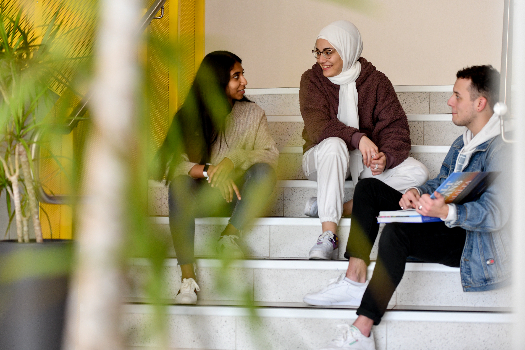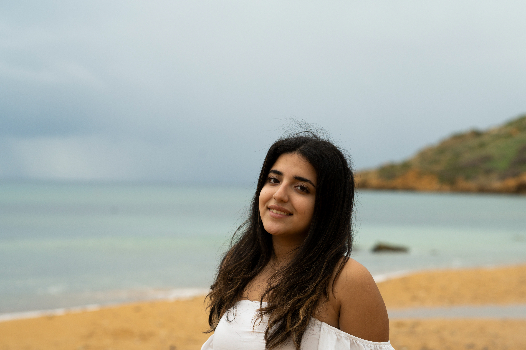About Gozo
Gozo’s history is as vibrant as many of its features. To the locals, the island is known as Għawdex, a name in use since Arab rule. To the outside world, it’s the name the Aragonese bestowed upon the island that sticks: Gozo, meaning “joy”.
And joyful it is.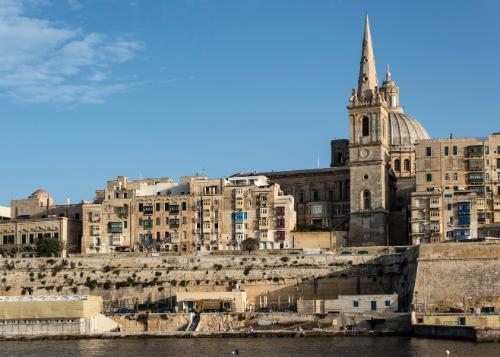
With 300 days of sunshine, a coastline full of wonders and architecture spanning millennia, there’s a unique charm to this 26 square mile island. It’s a charm that many fell for: expats today and weary travellers in history’s dawn. The island is where Ulysses spent 7 years in Calypso’s embrace, the place where the epic Game of Thrones wedding between Daenerys Targaryen and Khal Drogo was filmed, and home to a thriving service industry built around environmentally friendly policies.
Gozo’s culture
The geographical distance between Gozo and Malta is only 4.3 miles, but the islands are quite culturally distinct. Gozo is rural with a population that is more family and community-oriented. Much is centred around the village or town square, with the majority of villagers having a connection to or are members of the local band club, football club, or church organisation.
An eclectic mix of feasts dedicated to patron saints, themed festivals held almost every weekend, concerts of classical music and other musical genres, exhibitions, and theatre all add to a vibrant cultural calendar.
Today’s Gozo is considerably different from that of 15 years ago. It’s become a globalised multicultural island, with students, expats, digital nomads and retirees all contributing to Gozo’s way of life.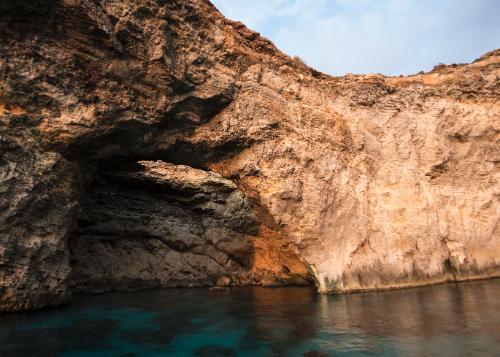
A multilingual community … with its own dialects
English and Maltese are spoken interchangeably by islanders, but the Maltese spoken in Gozo is slightly different than that spoken in Malta. Gozitans hold a distinct dialect that has retained its roots in the Arabic origins of the Maltese language. The dialect is used when a Gozitan is talking to another Gozitan with an immediate switch to ‘proper’ Maltese once someone from the larger island joins the conversation.
Gozo’s economy is highly dependent on tourism. Because of this, a very high percentage of Gozitans can speak Italian fluently, in additional to English, with smaller percentages fluent in French and German, too.
In a hospital setting, both Maltese and English are used interchangeably, with all notes provided in the English language.
Gozo: Safer than safe
Crime levels are very low and both locals and foreigners report high levels of safety, even when walking alone at night. Street crimes, burglaries and petty thefts are not major concerns. Detailed safety statistics can be found here.
Eco-policies
The project Eco-Gozo commits the government and private sector to promote sustainable development that does not harm the environment or the island’s intrinsic nature. The policy aims at enhancing residents’ lives and offering a better experience to all visitors by emphasising eco-tourism, improving education, and boosting job quality.
Through the Eco-Gozo project, the island is now innovatively collecting and preserving rainwater, reducing its carbon footprint, as well as promoting the use of renewable energy.
In 2018, the island was named the Mediterranean’s Best Green Destination.
An ancient island embracing the times
Gozo is home to the world’s oldest freestanding temples but its goals and aims are steadfastly in the future. The vision for the island is one based on three elements: idyllic, connected and innovative. This is because Gozo is striving to retain its tranquil charm while embracing development based on new technologies.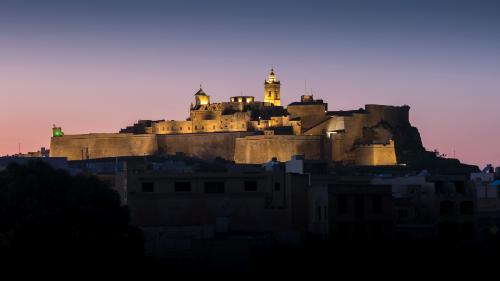
The Queen Mary, Malta Campus is in line with this wider strategy, as is the newly launched Gozo Innovation Hub, a space where creatives and researchers can work side by side.
What to do in Gozo
The island may be small, but there’s plenty to do and discover.
Home to impressive sites, Gozo has much to offer both on land and in the depths of its clear blue seas.
If you’ve always wanted to try diving, your time in Gozo will be perfect for this. The island is one of Europe’s top diving destinations with a selection of shore and boat dives for all skill levels. Many of the QMUL Malta’s staff are avid divers and some hold diving qualifications too. Snorkelling is also perfect for relaxing after an intensive study session. There are plenty of water sport options to discover – be it a water polo pitch, kayaking, or waterskiing among others.
Gozo has more than 300 sport climbs over 12 locations and the climate makes them pleasurable all year round. The 'King of Kings' is one of the longest roof climbs in the world, at 55 metres. At the Gozo Sports Complex in Victoria, you will find an indoor climbing wall.
Football fans would be happy to note that most villages have their own turf football grounds and active clubs to go with them. The Gozo Sports Complex offers facilities for squash, climbing, tennis, badminton, basketball, handball, gymnastics, futsal, volleyball, dancing and netball. Use of facilities can be booked via this link.
The island’s impressive coastline is perfect for hiking, and trails in valleys ideal for cycling and horse-riding.
Heritage sites
Because of its geographical location, Gozo served as a spot of respite to many who wandered the Mediterranean. Some of these stayed and conquered, introducing to the island their own customs and traditions. Today’s Gozo is made up of an eclectic mix of architecture, reflective of its history.
The island is home to the Ġgantija Temples, a UNESCO World Heritage Site, and the oldest freestanding temples in the world. The Citadel, a landmark framed in the campus windows, is an ancient fortified city in the heart of Victoria. These, together with fascinating museums and geologic wonders, make for some great exploring.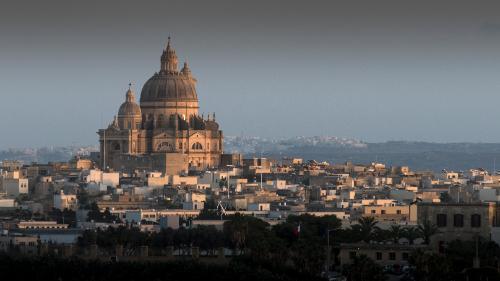
Social Interactions and Gozo’s nightlife
Much of what happens in Gozo is centered around the village or town square. The squares are a hub of activity, with bars, cafés and restaurants welcoming patrons all throughout the week. The Gozitans are a warm and welcoming people and they easily strike a conversation with anyone. A coffee in the square is sure to leave you with an acquaintance or two.
Plenty of locals are night owls too, especially on long summer days. Dinner time is usually around 8 or 9pm, which leaves restaurants busy until late at night. The many bars that dot the island remain open until the early hours of the morning.
An impressive cultural calendar
There’s no denying – the islanders love a good celebration, and this is reflected in the events organised on a weekly basis. From the new year celebrations in the capital, to the one-of-a-kind revelry of Carnival, the sombre processions of Good Friday, the joy of Easter, and the fireworks, band marches and decorations of summer weekly feasts, there’s always something going on.
The island is also very well-known for its opera season. No fewer than two opera houses reside on the same main street of Victoria, each year putting on fully-staged operas with international soloists. Per square mile, Gozo has more opera houses than anywhere else in the world; an impressive statistic for such a tiny island.
Christmas time, too, is a big affair on the island with a Christmas programme lasting over a month. The rest of the year is dotted by exhibitions, themed festivals, concerts and quizzes.
-525x350.jpg)
